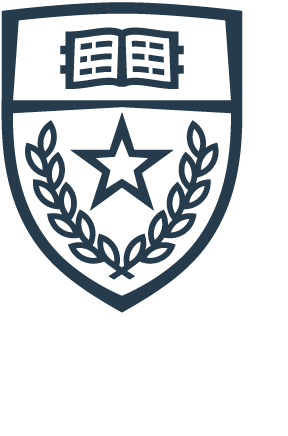Submitted by Staci R Norman on
PADUA, Italy — Dr. Peter Stone, assistant professor of computer sciences, and his student team won first place in a computer-simulated soccer competition at RoboCup 2003 in Italy.
The win came in the on-screen soccer competition, in which Stone’s team and 11 others from Iran, Portugal and elsewhere each entered a “coach” to guide on-screen players in their quest to beat the same opposing team. The coaches consisted of artificial-intelligence based computer programs that provided adaptable coaching advice to players. By seeing how earlier games panned out, Stone’s team was able to develop a coach that used automatically learned rules generated from a decision-tree learning algorithm to sweep the competition.
The computer sciences students participating in the coached simulation league were undergraduates Justin Lallinger and Bharat Kejriwal, and graduate student Greg Kuhlmann. Lallinger applied the finishing touches to the UT Austin Villa coach, and Kuhlmann was responsible for much of the machine learning used in the competition.
The coached competition was one of two in which Stone entered teams. In the other, legged league, Stone and another student team entered Aibo robots in four games against similar robots. Each team’s robots had the same hardware from Sony, but different software code developed from scratch by the scientists or embellished upon from previous competitions. Stone’s team, which developed its code from scratch in the past five months, scored a goal in two of its games. The UT Austin Villa robots also finished fourth in unofficial scientific challenges at RobCup, which began July 2 and ends July 11.
The win at the international RoboCup championship follows a second-place finish by Stone’s team in the coached computer simulation league in the first RoboCup American Open, which was held in May in Pittsburgh.
U. S. News & World Report ranks the graduate program of the university’s Department of Computer Sciences among the top 10 nationally, and its program in artificial intelligence is number five nationally.







